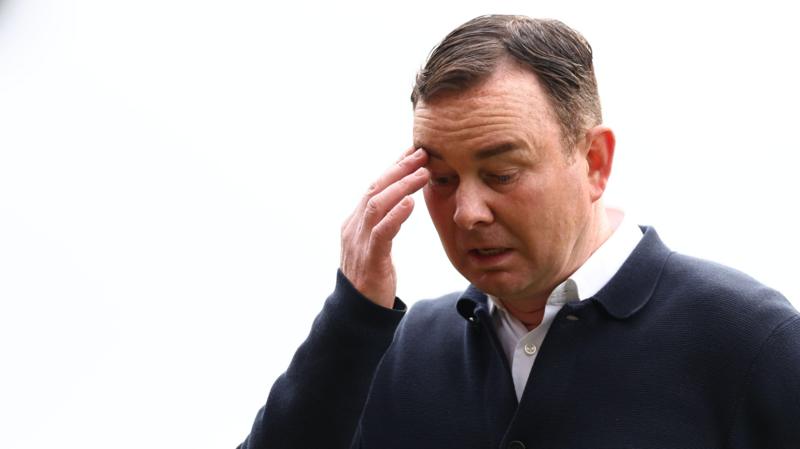Turmoil Unveiled: Inside Morecambe's Crisis Club Drama!



Nestled on the northwest coast of England, Morecambe FC, affectionately known as the Shrimps, finds itself in a sea of turmoil as it navigates one of its most chaotic summers to date. Founded in 1920, the club has long been a staple of its community, but recent events have prompted concerns over its future viability and direction.
The trouble started at the end of last season. Morecambe narrowly avoided relegation from League One, finishing just a point clear of the drop, a feat that in previous years might have been seen as a hard-fought victory. However, instead of building on this survival, the offseason has brought numerous challenges that continue to destabilize the club.
Financial stability is the cornerstone of any football club’s success, and for Morecambe, this foundation appears to be cracking. Reports suggest that the club has encountered significant financial difficulties, which have been exacerbated by the ongoing effects of the COVID-19 pandemic. The pandemic hit many lower league clubs hard, slashing revenues generated from ticket sales and merchandise, and Morecambe was no exception. As revenue streams dried up, the financial reserves needed to stabilize and grow the club have been strained.
On top of financial woes, managerial instability has further rocked the boat. The club has seen a revolving door of managers over recent years, with each tenure bringing its own philosophy and approach, yet failing to provide the continuity needed to foster long-term success. This summer, the trend looked set to continue with the departure of yet another manager, leaving fans and players alike in a state of uncertainty about the club’s tactical and strategic direction just weeks before the new season.
Additionally, player retention and recruitment have become a towering issue. Morecambe has struggled to hold onto its key players, many of whom have departed for clubs with more stable financial prospects. This exodus not only weakens the team's performance on the pitch but also lowers morale among the squad. The challenge is compounded as the club finds itself unable to attract replacements of the same calibre, given its financial constraints and the uncertain managerial situation.
Given these substantial hurdles, the atmosphere around the Mazuma Stadium has grown increasingly somber. Long-time supporters fear that the unique spirit of the club is at risk. Morecambe is more than just a football club; it is a community hub, a place of gathering, and a source of local pride. The potential decline of the club represents not just a sporting loss, but also a cultural one for the town.
Looking ahead, the path forward for Morecambe is fraught with challenges, but not all hope is lost. The key will be in stabilizing the club through strategic leadership and careful financial planning. Building a strong, clear vision for the future is crucial, one that prioritizes sustainability both on and off the pitch. Engaging with the community and revitalizing the fan base can also inject much-needed enthusiasm and support.
The local community, for its part, remains passionate and supportive, eager to see their beloved Shrimps overcome these hurdles. Initiatives to boost engagement and fan involvement have been welcomed, and there is a collective understanding that everyone must pull together to help the club navigate this stormy period.
In essence, the situation at Morecambe FC serves as a broader reflection of the challenges facing many smaller football clubs today. It underscores the need for sound management, robust community ties, and sustainable practices in ensuring the longevity and health of these vital community assets. For Morecambe, the journey ahead will be tough, but with resilience and unity, the club can hope to rebuild and emerge stronger, preserving its proud legacy for generations to come.